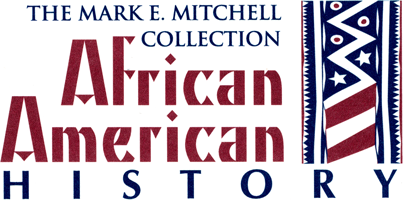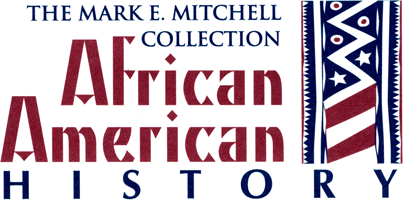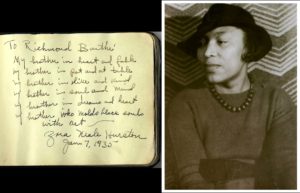Zora Neale Hurston (1891-1960). Writer, poet, anthropologist, and ethnographer.
At left, Hurston’s unique, signed poem entitled: “To Richmond Barthé,” found in the acclaimed black sculptor’s autograph book from 1935 during the Harlem Renaissance, a period of intellectual, artistic, and social expression spanning 1918-37. (Also included are period signatures and inscriptions by such notables as Alberta Hunter, Claude McKay, Alain Locke, Joe Louis, Bill “Bojangles” Robinson, James Weldon Johnson, and Walter White.)
Hurston’s poetic inscription to Barthé reads:
My brother in heart and fable
My brother in pot and at table
My brother in like and kind
My brother in soul and mind
My brother in dreams and heart
My brother who molds black souls with art
Due to family troubles, Hurston did not complete high school until age 27. While attending Howard University, she co-founded The Hilltop, its student newspaper. Offered a scholarship in 1925, she transferred to Barnard College, becoming its first black student and advanced to graduate level in anthropology at Columbia U. Residing in Harlem during the 1920s, she hosted social gatherings befriending Alain Locke, Langston Hughes, and Countee Cullen, among many other African American artists, writers, and cultural greats.
In 1927 and 1931, Hurston daringly drove alone to Africatown in Plateau, Alabama, to spend months interviewing 89-year-old Oluale Kossula (Cudjo Kazoola Lewis) for study by the Journal of Negro History. Kossula’s village in Benin had been captured by Dahomey warriors, and he was believed the last surviving of more than 110 Africans carried aboard the Clotilda, the last-known U.S. slave ship in 1860. It has since been learned that two younger passengers outlived Kossula; Sally “Redoshi” Smith, and Matilda McCrear, living until 1937 and 1940 respectively.
Many Clotilda descendants retained their native tongue until the 1950s. Seeking to have Kossula’s monologue of agonizing memories published, Hurston refused to amend her subject’s vernacular style that an executive at Viking Press disliked, so it was not published until 2018. Hurston was also conflicted by Kossula’s account that it was Africans themselves, and not whites, who betrayed her people to the “Maafa,” meaning “great tragedy’ in Kiswahili, but often ascribed to the Transatlantic Slave Trade or Middle Passage itself.
Despite an impressive literary career with four novels and more than fifty published short stories, poems, plays, and essays, Hurston’s success was fleeting – with royalty checks never exceeding $1000 – and spent much time in obscurity. She is best known for her 1937 novel, “Their Eyes Were Watching God.”


